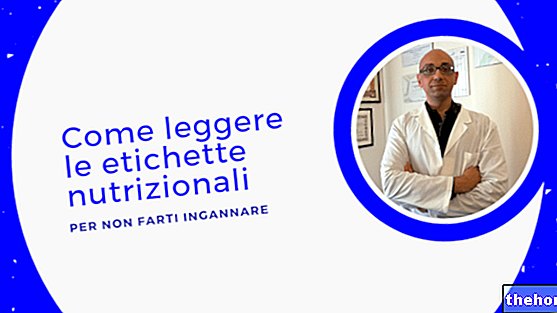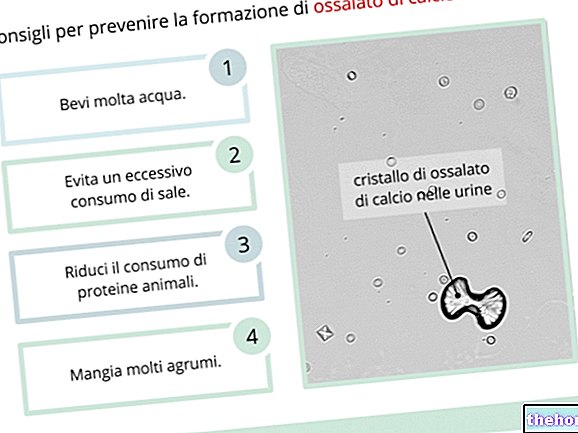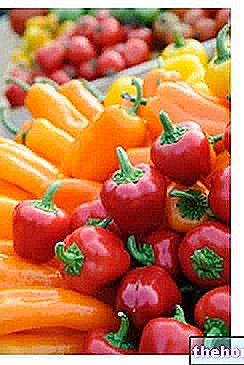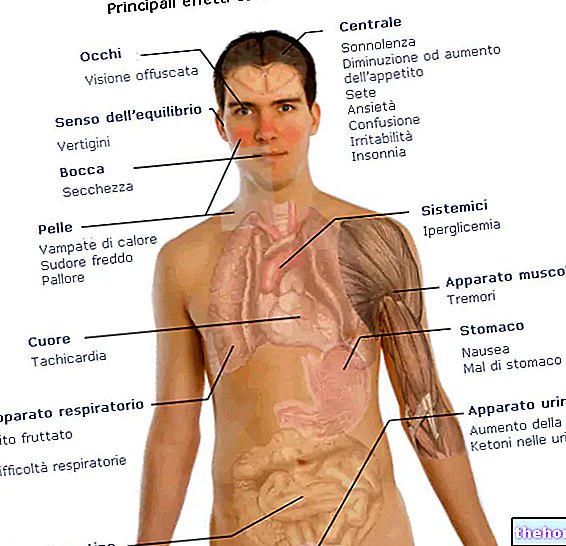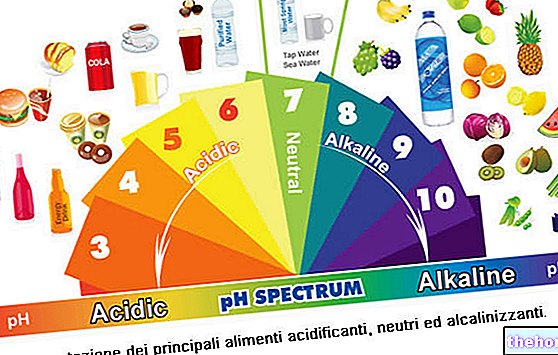" first part
Cholesterol and Atherosclerosis
In the introductory part we have seen how an excess of cholesterol increases the probability of onset of atherosclerosis. What should be emphasized at this point is that the surplus of cholesterol is not the one and only risk factor for this disease. Hypertension, the diabetes, obesity, smoking, alcohol, sedentary life and stress, can in fact contribute to the aggravation or the onset of arteriosclerosis.
a 20% increase in cardiovascular risk. This risk is increased by the simultaneous presence of other factors, such as low plasma HDL levels, smoking, hypertension and diabetes.
15% reduction in cardiovascular mortality
(p <0.001);
11% reduction in total mortality
(p <0.001).
LDL cholesterol values guidelines
≥ 130 (10-20%)
≥ 160 (<10%)
Goals of LDL cholesterol levels and limit values for lifestyle modifications and drug therapy in different risk categories (ATP III Jama 2001)
Cholesterol and Prevention Strategies - Diet and Supplements
Diet: following a balanced diet, low-calorie but not too restrictive, it is possible to decrease total cholesterol and raise the HDL fraction:
insulin represents a strong stimulus for the endogenous production of cholesterol (See: Blood sugar and weight loss); therefore large glycemic loads should be avoided
Saturated fats increase total cholesterol but leave the ratio with the good one unchanged, while hydrogenated fatty acids (contained in foods such as margarine, peanut butter, etc.), in addition to raising bad cholesterol levels, also lower HDL cholesterol.
Increasing the intake of foods rich in fiber interferes with the intestinal absorption of cholesterol, increases the synthesis of propionic acid which hinders the endogenous synthesis of cholesterol and guarantees the body a complete supply of antioxidants, essential for preventing atherosclerosis and many other pathologies
By preferring monounsaturated and polyunsaturated fats, it is possible to increase the fraction of good HDL cholesterol. These foods are also rich in plant sterols, natural substances that help fight cholesterol (See: Plant sterols)
Elimination of other risk factors:
Most of these risk factors (hypertension, diabetes, obesity and stress) can be reduced by combining the above dietary recommendations with a regular exercise program. We also remember that regular exercise is able to increase the levels of good HDL cholesterol.
Food supplementation: fish oil, cod oil, linseed oil and extracts of medicinal plants such as rosemary, garlic, boldo and artichoke can help raise good cholesterol levels.
Foods and supplements useful to combat high cholesterol: devil's claw, artichoke, wheat germ, juniper, blueberry, onion, guar gum, guggul gum, psyllium seeds, lecithin, plant sterols, algae, apple, lemon, red rice fermented and soy.


